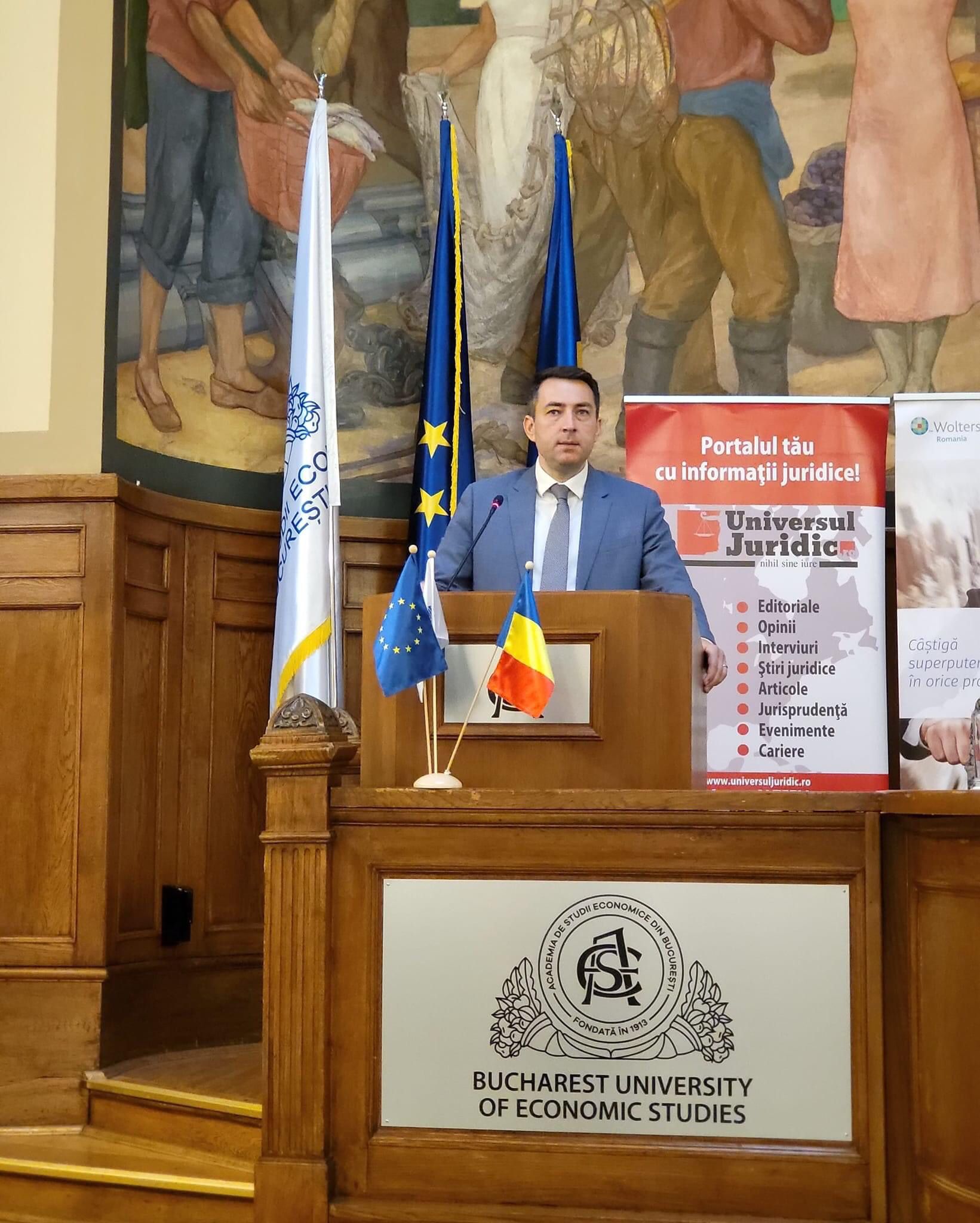
The International Criminal Court (ICC) on Friday issued an arrest warrant for Russian President Vladimir Putin, accusing him of war crimes committed in Ukraine. However, Russia is not a party to the treaty establishing the ISS and, in addition, argued that this decision has no legal significance for Moscow. “If a state on whose territory a war criminal is hiding is not a party to the Statute of the International Criminal Court, this does not mean that it cannot at some point become or hand over a war criminal who is hiding on its territory,” says Rezvan Horaciu Radu, former the Romanian government agent at the ECtHR and the European Court of Justice, who explained to Hotnews.ro the meaning of the Criminal Court’s decision.
Russia reacted immediately after the decision of the Criminal Court, saying that the arrest warrant was meaningless. “The decisions of the International Criminal Court do not have any significance for our country, including from a legal point of view,” wrote the spokeswoman of the Ministry of Foreign Affairs Maria Zakharova in her Telegram channel.
Rezvan Horaciu Radu, a lecturer at the ASE Faculty of Law and a former Romanian government agent at the ECtHR and the Court of Justice of the European Union, explained to HotNews.ro the legal implications of the decision:
- “First of all, arrest warrants are issued by the ICC at the request of the prosecutor. We know that there are several reports from the states that signed the Rome Statute establishing the ICC, including from Romania, about the opening of the investigation.
- According to the Court’s statement, arrest warrants were issued in absentia for the commission of war crimes, such as the deportation of persons, including children, or the transfer or deportation of the population from the occupied territory.
- Arrest warrants may be issued in absentia to prevent or prosecute a person from committing other war crimes, or to prevent obstruction of an investigation.
- How such a mandate is implemented depends on the will of the states harboring war criminals. They decide if and when to train them. In the history of the International Criminal Court, there are cases of issuing arrest warrants in absentia and persons who later became available to the Court.
- There are also situations where persons are transferred to other international criminal courts – for example, the International Tribunal for the former Yugoslavia.
- According to the Statute of the International Criminal Court, persons who have committed war crimes individually or jointly with others are criminally responsible. Senior superiors (civilian or military) who do not take the necessary measures to prevent such actions are also criminally responsible.”
The Rome Statute of the International Criminal Court (often called the Statute of the International Criminal Court or the Rome Statute) is the treaty that established the International Criminal Court (ICC). It was adopted at a diplomatic conference in Rome on July 17, 1998 and entered into force on July 1, 2002. The International Tribunal is responsible for four main crimes: genocide, crimes against humanity, war crimes and crimes of aggression. However, neither Ukraine nor Russia are parties to the Rome Statute and have not ratified its founding text. Under such conditions, is it possible to bring Vladimir Putin to justice?
- “Although Russia and Ukraine are not signatories to the Rome Statute, Ukraine has twice recognized the Court’s jurisdiction over war crimes committed on its territory. This aspect attracts the Court’s jurisdiction over war crimes committed on the territory of Ukraine, regardless of who is their author.
- In fact, it follows from the arrest warrant that it refers to actions taken after February 24, 2022, when Russia invaded Ukraine.
- If the state on whose territory a war criminal is hiding is not a party to the Statute of the International Criminal Court, this does not mean that it cannot at some point become or hand over a war criminal who is hiding on its territory.
- In addition, a warrant for the arrest of a person for war crimes raises a serious issue for that person and clearly limits their credibility and ability to travel to other states that may extradite them.
- Despite the fact that the ICC cannot judge in absentia, nothing prevents it from conducting an investigation in absentia, and an arrest warrant can even have the role of bringing a person to court,” Rezvan explained to Horatsiu Radu.

Source: Hot News
Ashley Bailey is a talented author and journalist known for her writing on trending topics. Currently working at 247 news reel, she brings readers fresh perspectives on current issues. With her well-researched and thought-provoking articles, she captures the zeitgeist and stays ahead of the latest trends. Ashley’s writing is a must-read for anyone interested in staying up-to-date with the latest developments.